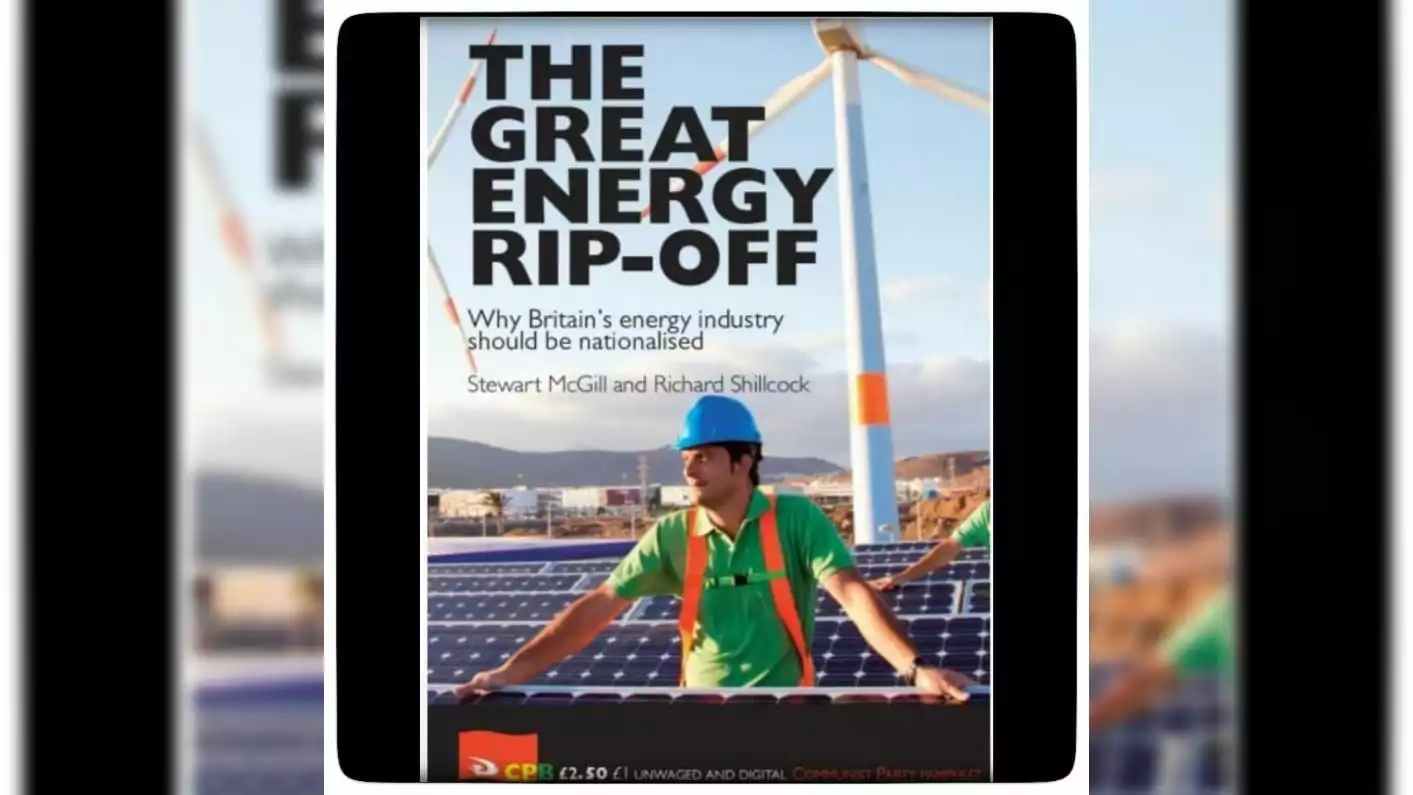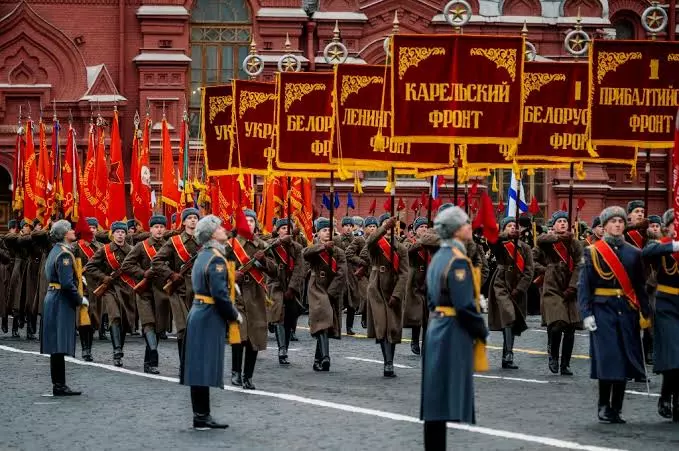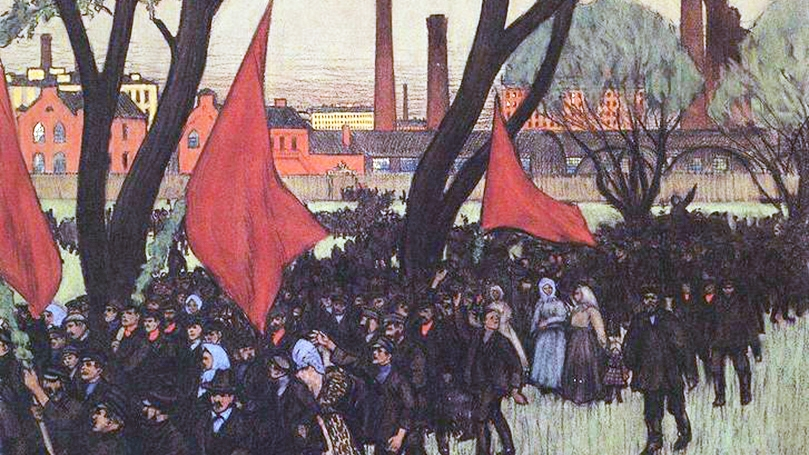‘THE GREAT ENERGY RIP-OFF’ published by the Communist Party UK makes a reasonable plea for the nationalization of the energy industry. Written by Stewart McGill and Richard Shillcock (Stewart McGill is convenor of the Communist Party political economy commission while Richard Shillcock is a member of the Scottish Committee of the Communist Party), the pamphlet provides an in depth explanation on the energy crisis in the UK. Is the upcoming crisis a compelling reason for the industry to be nationalized? The reason is already existing fuel poverty. According to the pamphlet, fuel poverty is a serious issue. If at all anything, it is a class issue. In England, 13% of homes were classified as 'fuel poor,' whereas 25% of households in Scotland and 12% of households in Wales were classified as 'fuel poor.' That equates to around four million households. That was in July 2019, before the three price increases. The issue needs to addressed with urgency as Rishi Sunak has gone ahead and said that price cap of £1,971 set by the energy regulator Ofgem would rise further in the autumn. The brunt of the same would disproportionately fall on the fuel poor, as Sunak’s £9bn emergency package was largely insufficient to prevent millions more struggling with fuel poverty. The pamphlet is rife with more such revelations which effectively make the case for the nationalization of the energy industry.
THE BLAME GAME
The ongoing crisis in Ukraine seems to lap up the blame for almost every other problem in Europe these days. Even in the case of the impending crisis, the capitalist mainstream media would like us to believe that Russia is somehow responsible for this mess. But in reality, with relatively minor supply hiccups, Gazprom has fulfilled all of its obligations. Russia is also ready to increase shipments to Europe by opening its new Nord Stream 2 pipeline, but the US wants to keep it closed in favour of its own LNG exports, which will never be on the scale of Russia's supply. Unsurprisingly, even China has been sucked into this for politically motivated reasons.
Putting an end to the blame game and mincing no words, the pamphlet blames the right people for the upcoming crisis. The culprit of the huge price hikes has been the profiteering of the big energy monopolies, seizing every opportunity to ramp up prices and profits when cold weather, stock shortages and economic recovery boost demand for their oil and gas.
The pamphlet has also exposed the collusion of the government regulatory body (Ofgem) with the big power companies. It overlooked or dismissed the reality that the big power companies were making a rate of return almost twice that of other large quoted companies. Additionally, Ofgem’s director of network price controls at the time acknowledged costs to consumers ‘have turned out to be higher than they needed to be’.

Where lies the solution? At present, more state funding is required for the transition to green energy. But isn’t this already the case one may ask. This transition is coming from the pockets of the people because of green taxes on the energy bills. Therefore, those on the lowest incomes pay a six-times higher share of their income for the transition than the highest income group—who also happen to have the highest CO2 emissions. Through their energy bills, people in the lowest income groups effectively self-fund their own fuel poverty support, including measures like the Warm Home Discount. The energy industry exemplifies capitalism at its most blatant—exacerbating inequality, claiming the lives of the poorest, and jeopardising the whole world.
Rightfully skeptical of the solutions offered with capitalism, the pamphlet puts a dampener on the myth of the innovative genius of the modern capitalist entrepreneur. It is the state which invests in research and thereby responsible for any discoveries made. Moreover, these big companies are now in the process of greenwashing themselves, which is funny given their role in climate change denial.
What is actually needed?
As per McGill and Shillcock, renationalization is the need of the hour. This isn’t exactly new to Britain. Britain used to have a nationalised energy sector embracing gas, electricity and—through a majority shareholding in British Petroleum (BP)—oil. But the nature of the same was capitalistic, as it used state ownership and public money in order to rescue and develop a sector in the interests of the capitalist economy as a whole.
A progressive nationalisation and a democratic paradigm of public ownership, which would encompass the production of oil and gas, as well as transmission and distribution is the need of the hour. This, along with a bunch of other measures will definitely help mitigate the crisis.
And unlike other chauvinists in the west, the writers ask policy experts to learn from China which is now by far the world’s leader in renewable energy,with over 788,000 MW of total installed capacity in 2019. That is three times more than in the US.

The pamphlet ends with a plea to join the communists in their struggle against capitalist austerity and giving the power back to the people- where it actually belongs.






